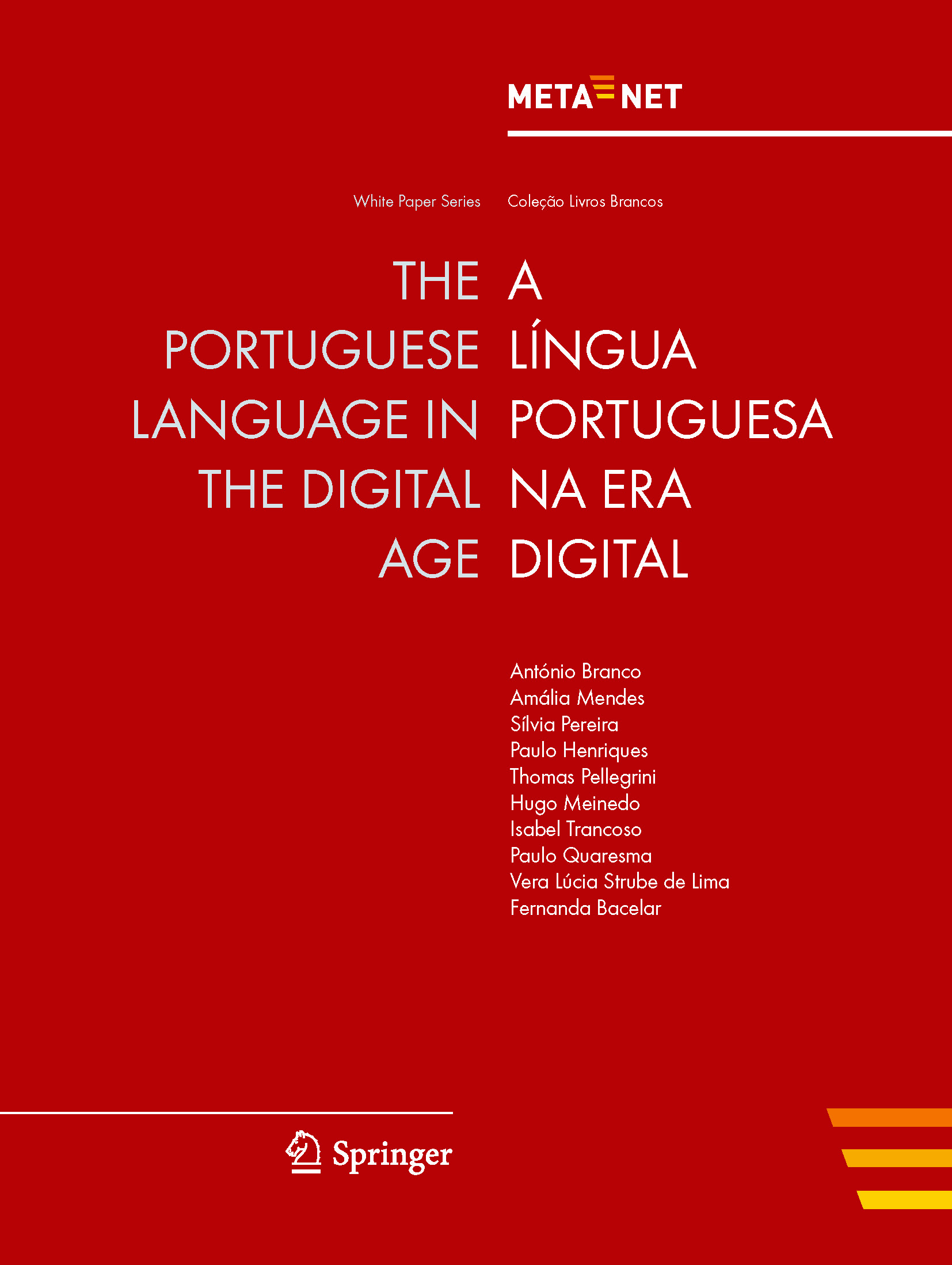The Languages of Portugal
Portuguese is the third most spoken language in the world. It is the official language of Angola, Brazil, Cape Verde, East Timor, Guinea-Bissau, Macau, Mozambique, Portugal, S. Tome and Principe and Equatorial Guinea. Moreover, it is one of the official languages of the EU, Mercosul and the African Union. All together, Portuguese is the native language of approximately 250 million people and the second language of 20 million people. The language variants correspond broadly to the different countries and the studied dialects (in Portugal) are divided according to the geography: South-Central, Northern and Atlantic islands. While the variants and dialects differ on the phonological and lexical level, there is full inter-comprehension among their speakers. Portuguese is a Romance Language. Because of the history of maritime exploration and coastal trade, the vocabulary contains many loanwords from Latin, Germanic, Arabic, Amerindian, African and Asian languages.
Features of Portuguese:
- The weakening of non-stressed vowels in many language variants results in a relatively hard sounding of these variants compared to other Romance Languages.
- Portuguese is a null-subject language, i.e., the subject is not realised, if it is already marked somewhere else, like in the inflected verb form. This is one of the challenges for automatic syntactic analyses.
- The inflectional system contains a relatively big amount of inflectional categories. For example, a verb can be declined for aspect, tense, mood, number, person or polarity. Furthermore, Portuguese has two inflectional paradigms for verbs, which do not exist in other Romance Languages: the inflected infinitive and the future subjunctive.
- Clitic-pronouns vary in their position. They occur before or after the verb and sometimes even within certain verb forms.
NCC Lead Portugal
António Branco is the President of European Language Resources Association (ELRA), the largest international LT-related scientific association based in Europe; he is the Director General of PORTULAN CLARIN infrastructure for the Science and Technology of Language; and he is a member of the Executive Board of META-NET, the Network of Excellence for Multilingual Europe Technology. Since 1987, when he was a member of the EUROTRA project, António Branco has been an active participant in the LT community helping to develop pan-European solutions. He has participated in over 30 national and international projects and was the Principal Investigator of thirteen of them, including the recent European projects METANET4U and QTLeap. He (co-)authored over 250 publications and over 30 language resources. António Branco is an Associate Professor at the Department of Informatics of the University of Lisbon, where he is the Coordinator of the doctoral programme in Cognitive Science, and was one of the founders, and Executive Director, of the Mind-Brain College. He is the Founder and the Head of NLX Natural Language and Speech Group of the Faculty of Sciences of the University of Lisbon.

Current National Initiatives
- There is a general national initiative to foster digital transformation in industry, administration and research.
- A new AI initiative has been announced and the concrete funding schemes and programmes are yet to follow.
- Currently, there is no specific funding programme for LT.
Wikipedia contributors. (2020, June 29). Portuguese language. In Wikipedia, The Free Encyclopedia. Retrieved 9:00, July 1, 2020, from https://en.wikipedia.org/wiki/Portuguese_language.
Events
META-NET White Paper on Portuguese
António Branco, Amália Mendes, Sílvia Pereira, Paulo Henriques, Thomas Pellegrini, Hugo Meinedo, Isabel Trancoso, Paulo Quaresma, Vera Lúcia Strube de Lima, and Fernanda Bacelar. A língua portuguesa na era digital - The Portuguese Language in the Digital Age. META-NET White Paper Series: Europe's Languages in the Digital Age. Springer, Heidelberg, New York, Dordrecht, London, 9 2012. Georg Rehm and Hans Uszkoreit (series editors).
Full text of this META-NET White Paper (PDF)
Additional information on this META-NET White Paper
Availability of Tools and Resources for Portuguese (as of 2012)
The following table illustrates the support of the Portuguese language through speech technologies, machine translation, text analytics and language resources.
| Speech technologies | Excellent
support |
Good
support |
Moderate
support |
Fragmentary
support |
Weak/no
support |
|---|---|---|---|---|---|
| Machine translation | Excellent
support |
Good
support |
Moderate
support |
Fragmentary
support |
Weak/no
support |
| Text analytics | Excellent
support |
Good
support |
Moderate
support |
Fragmentary
support |
Weak/no
support |
| Language resources | Excellent
support |
Good
support |
Moderate
support |
Fragmentary
support |
Weak/no
support |
